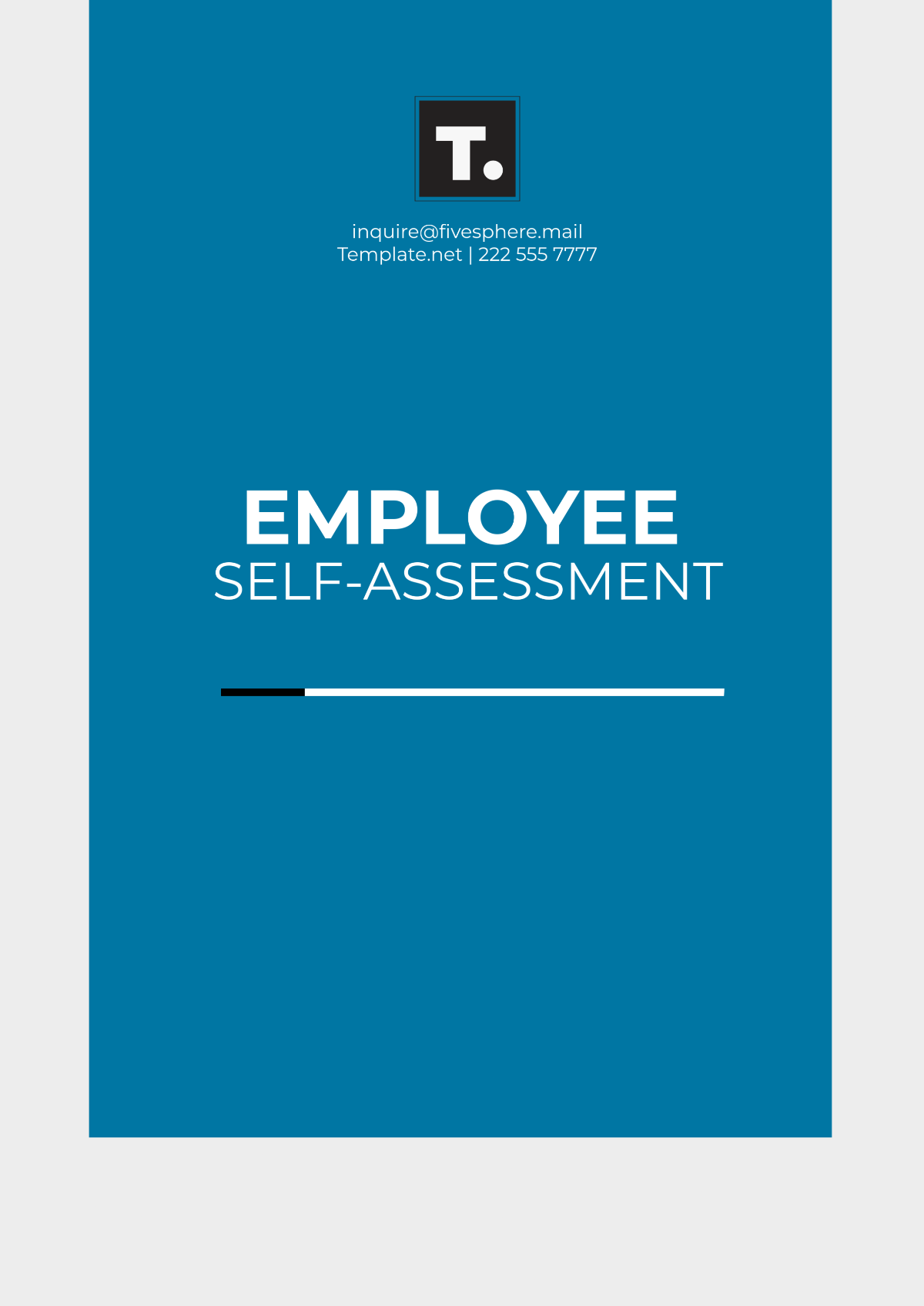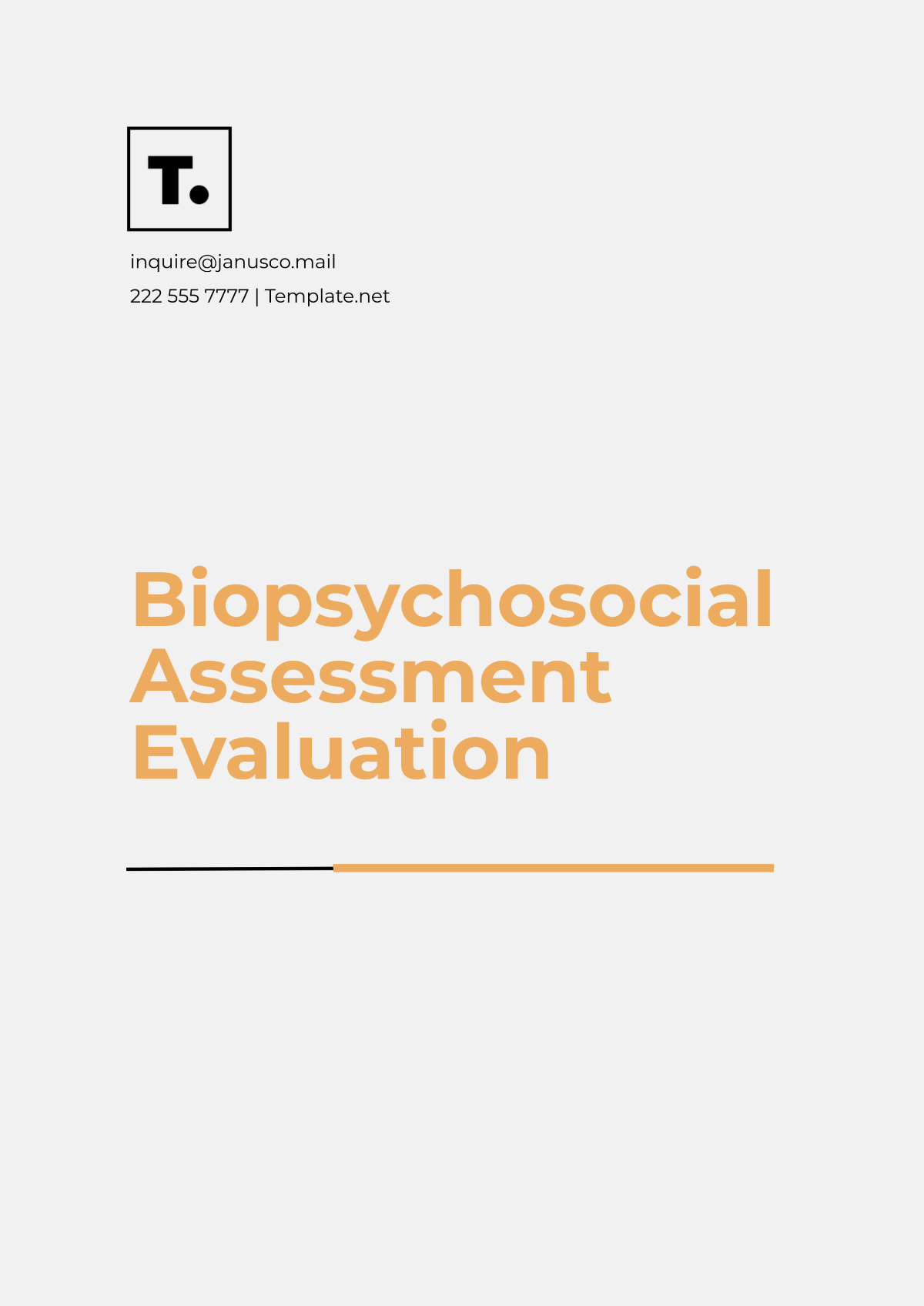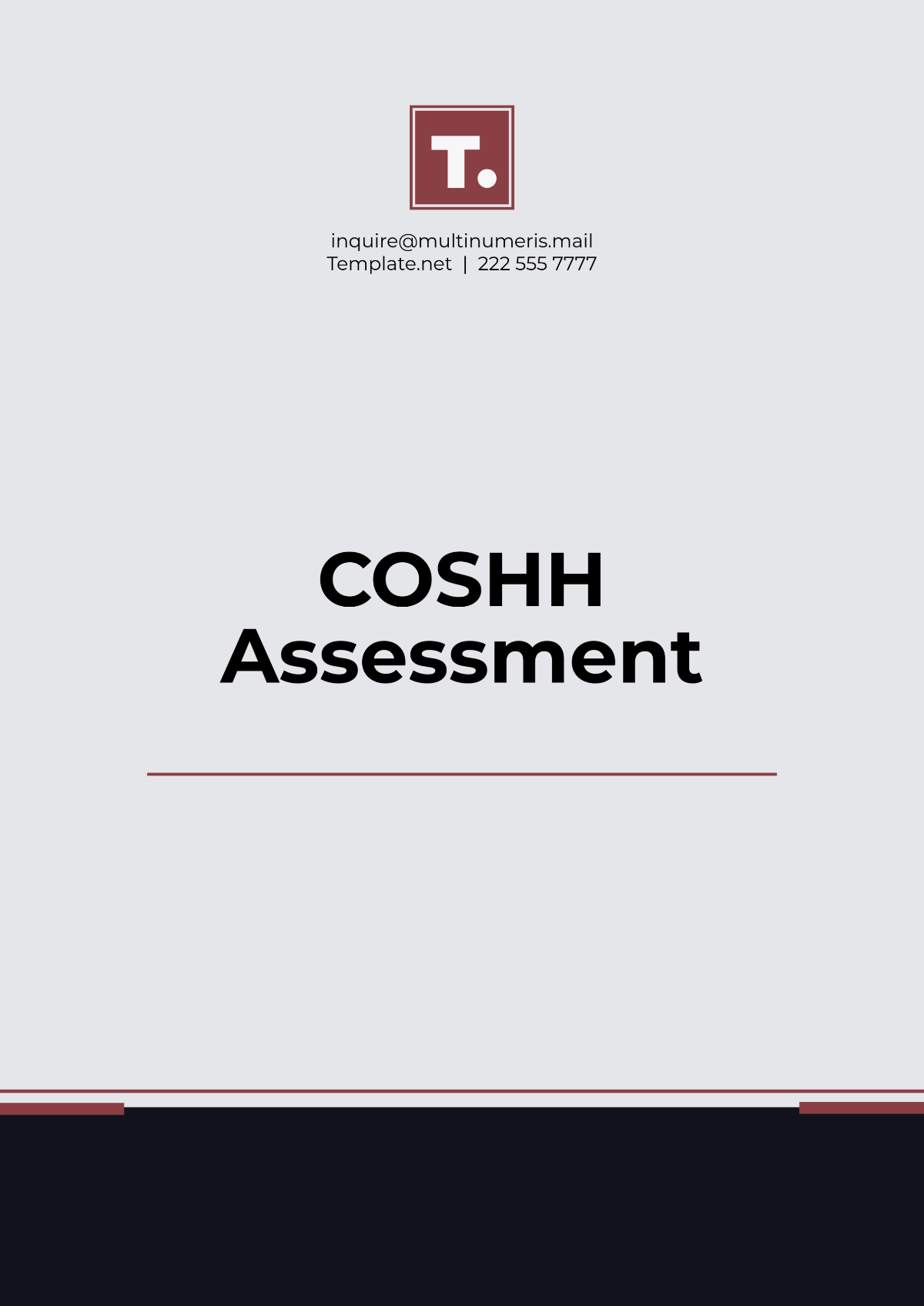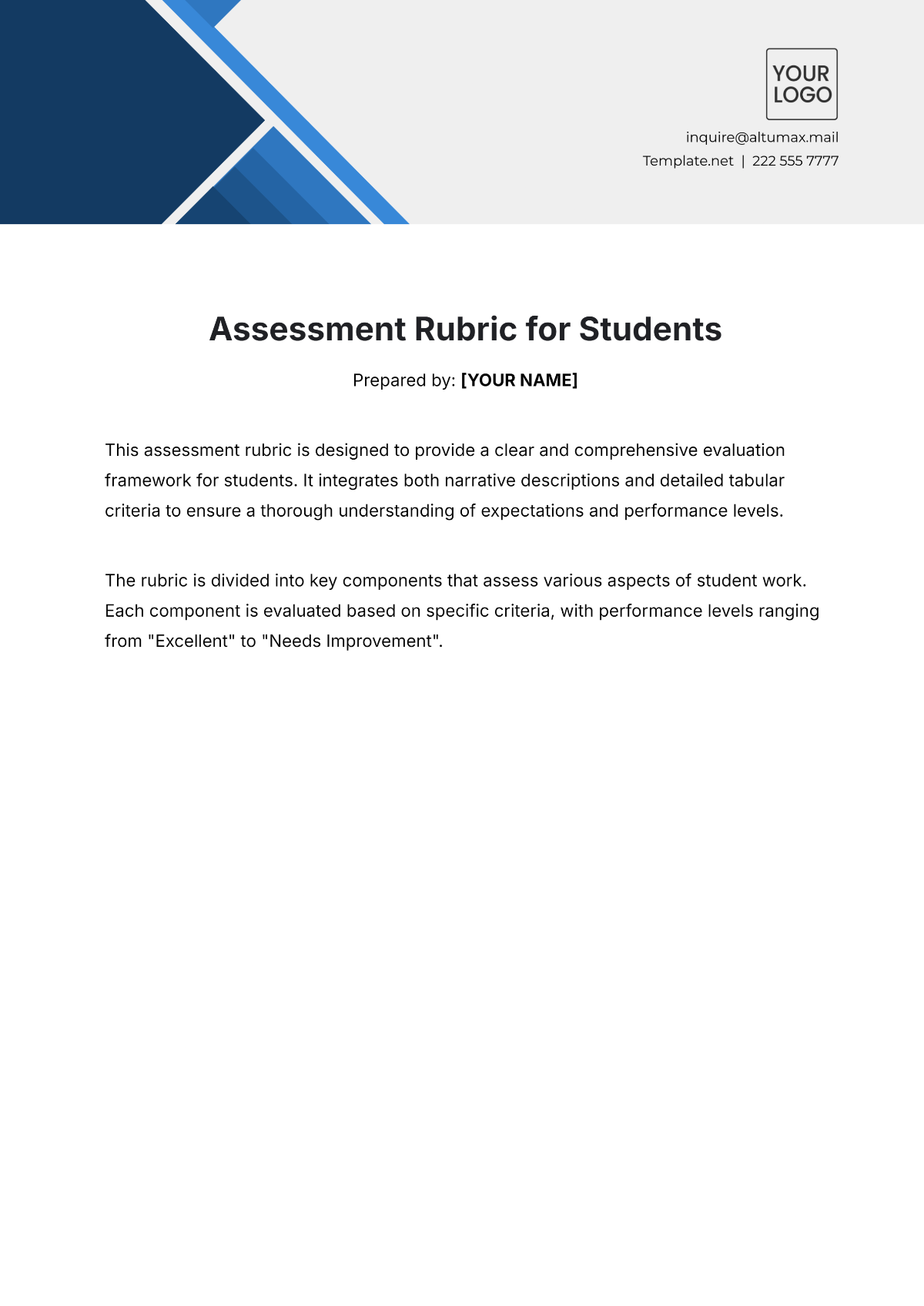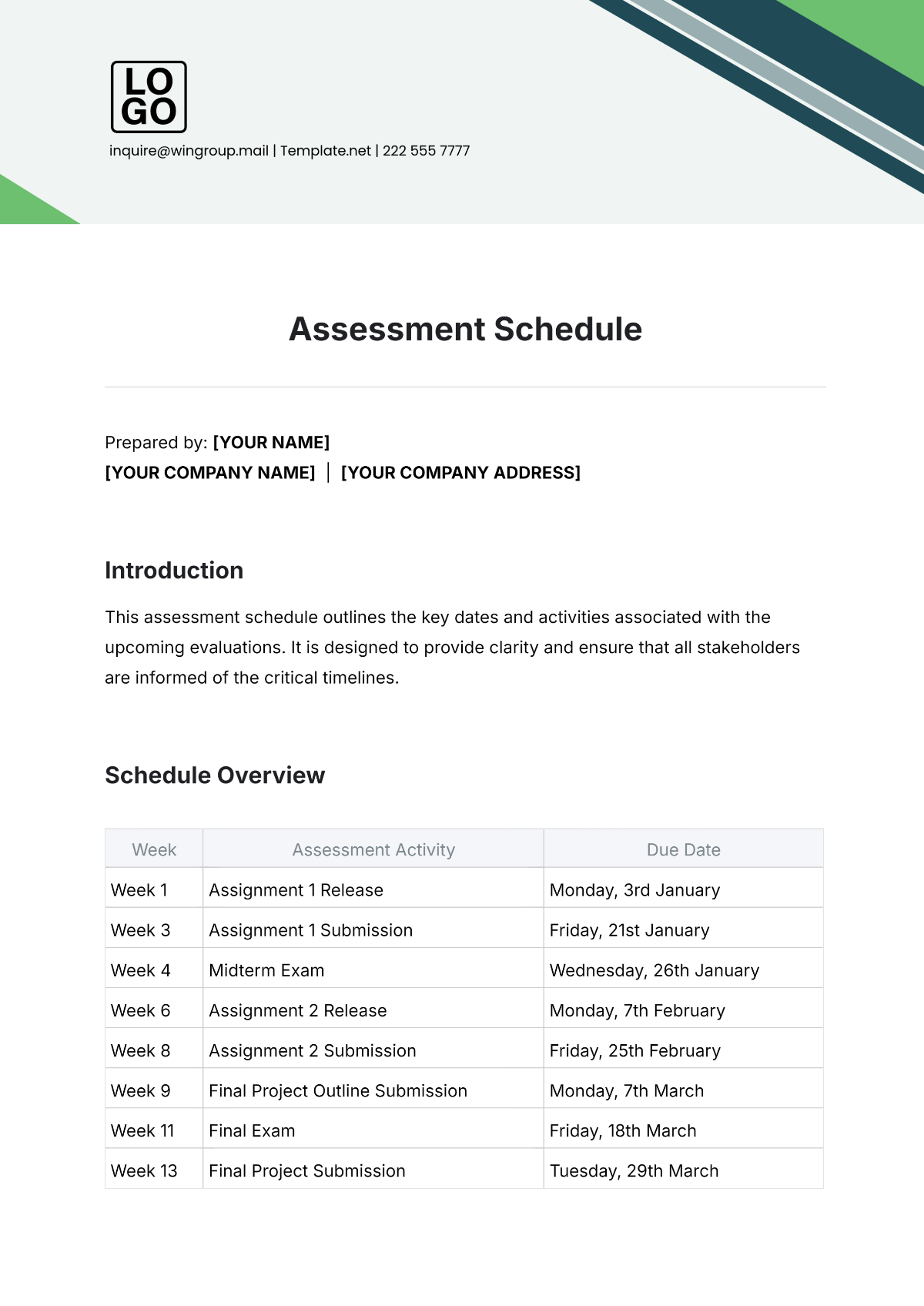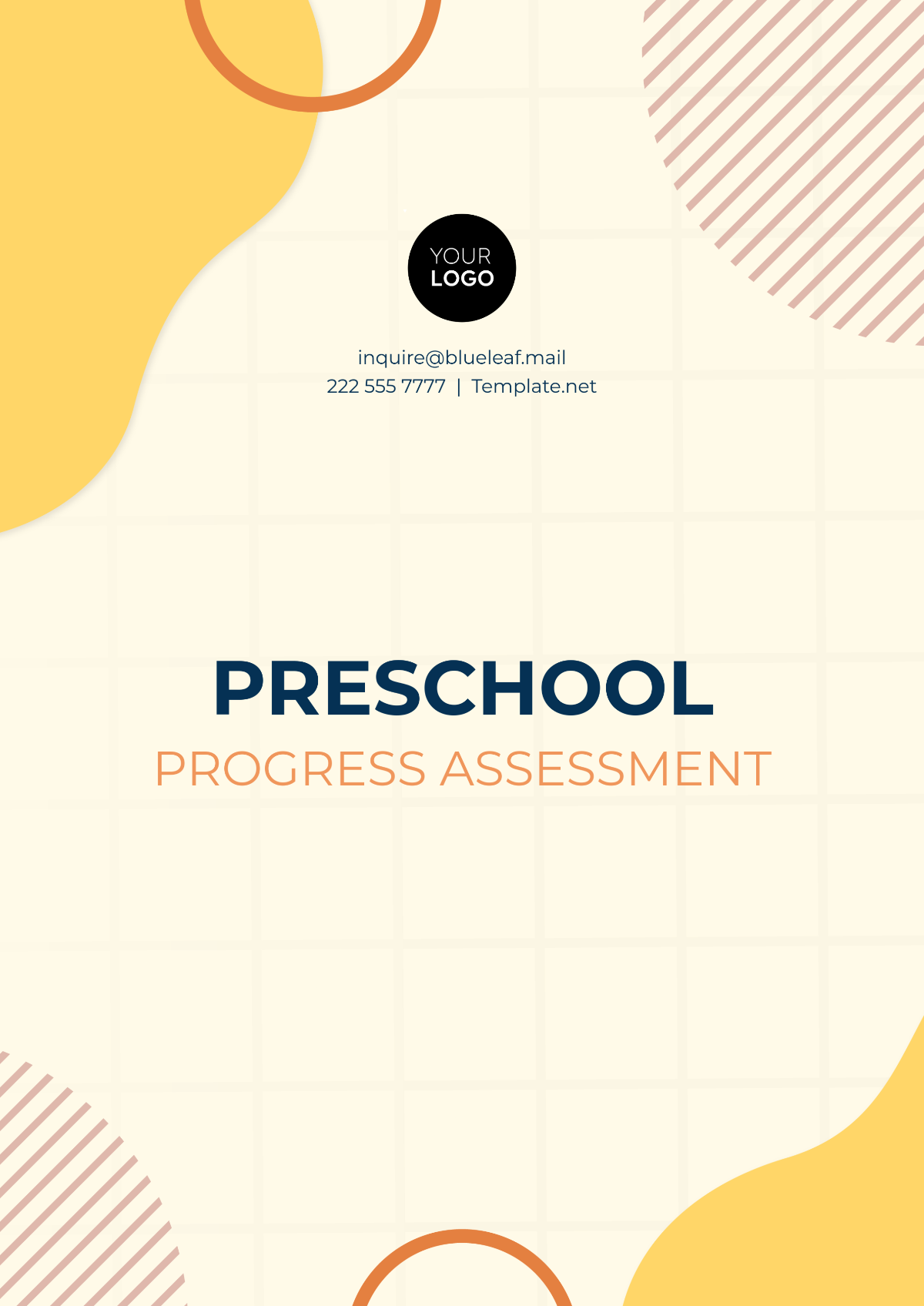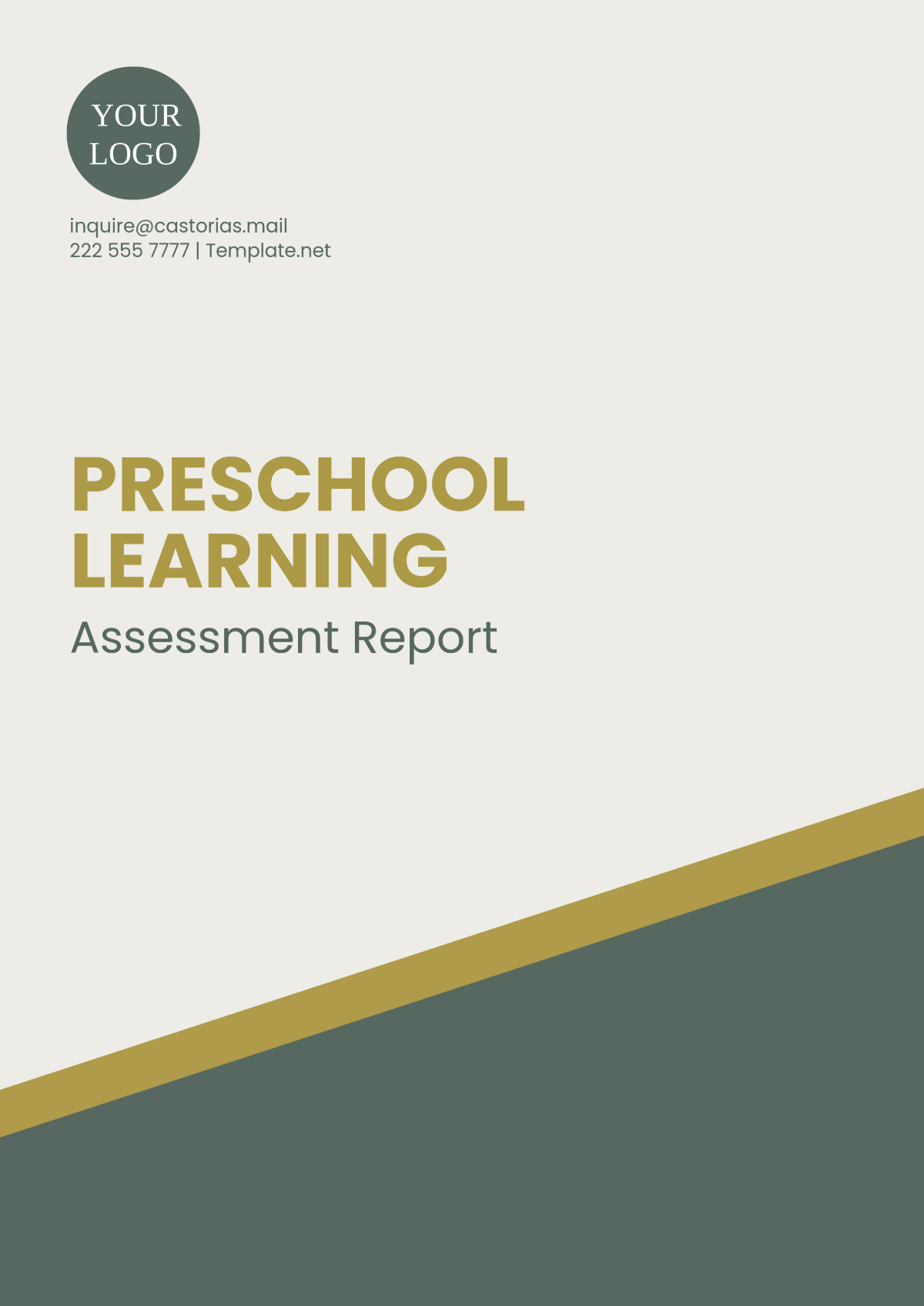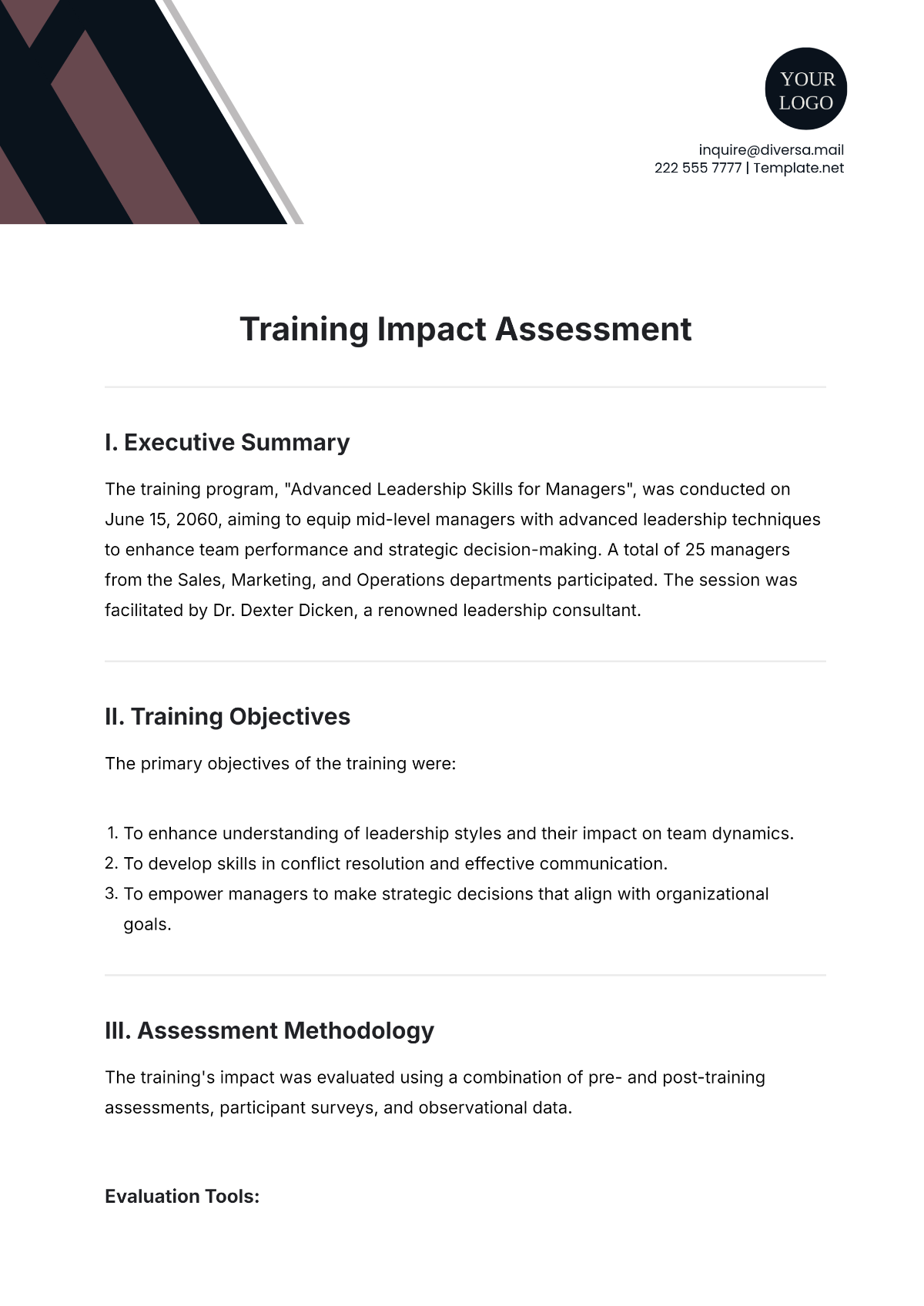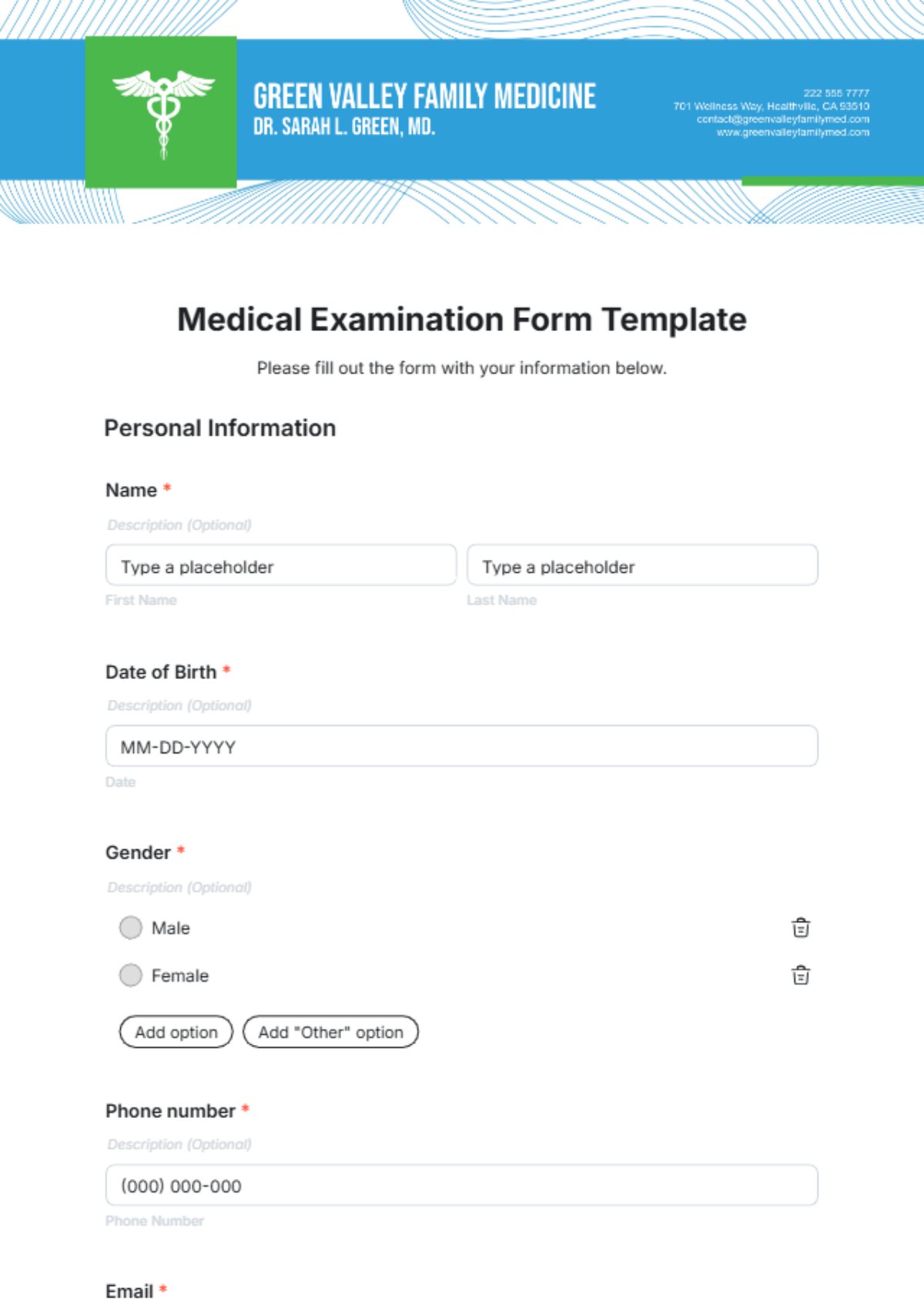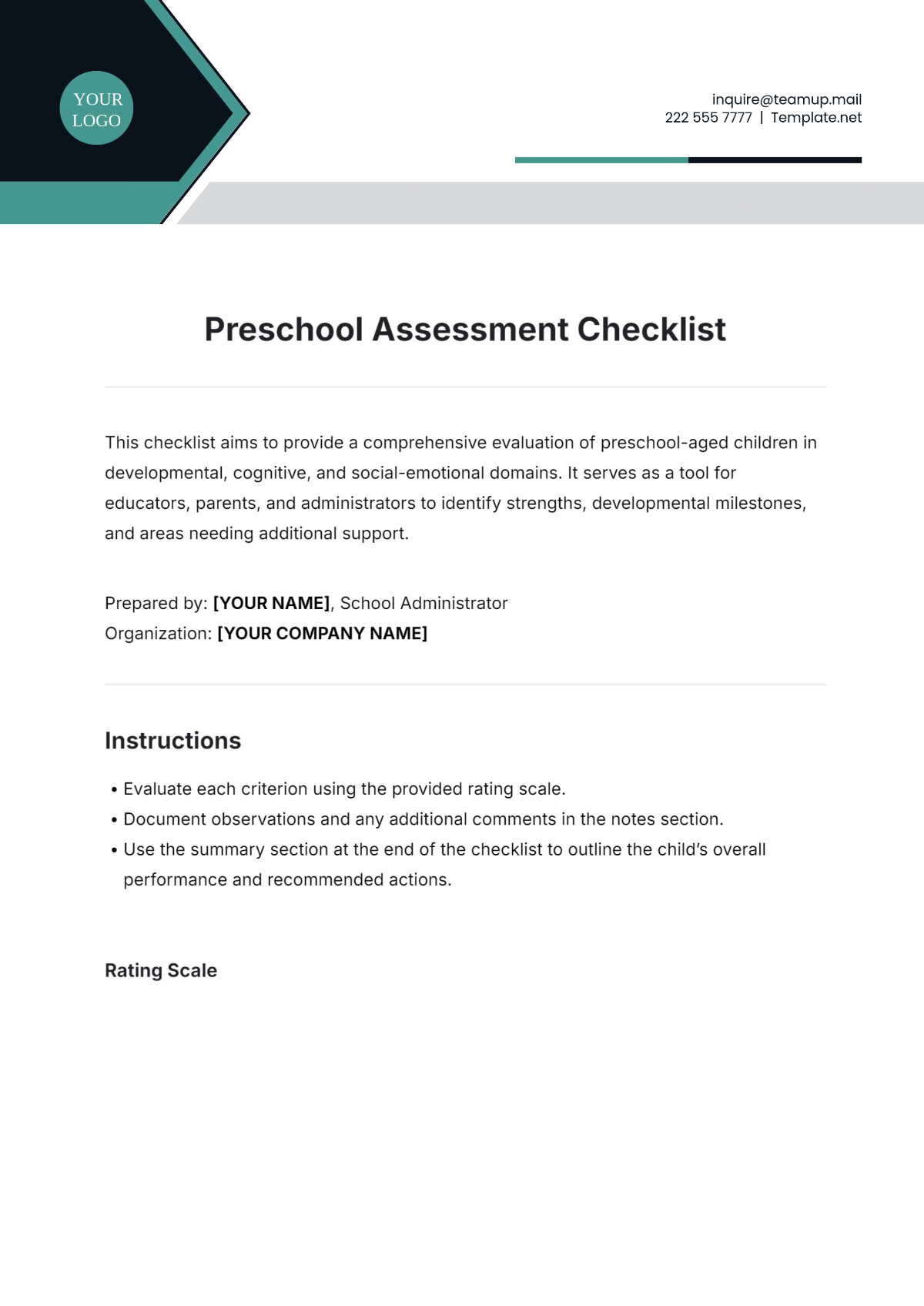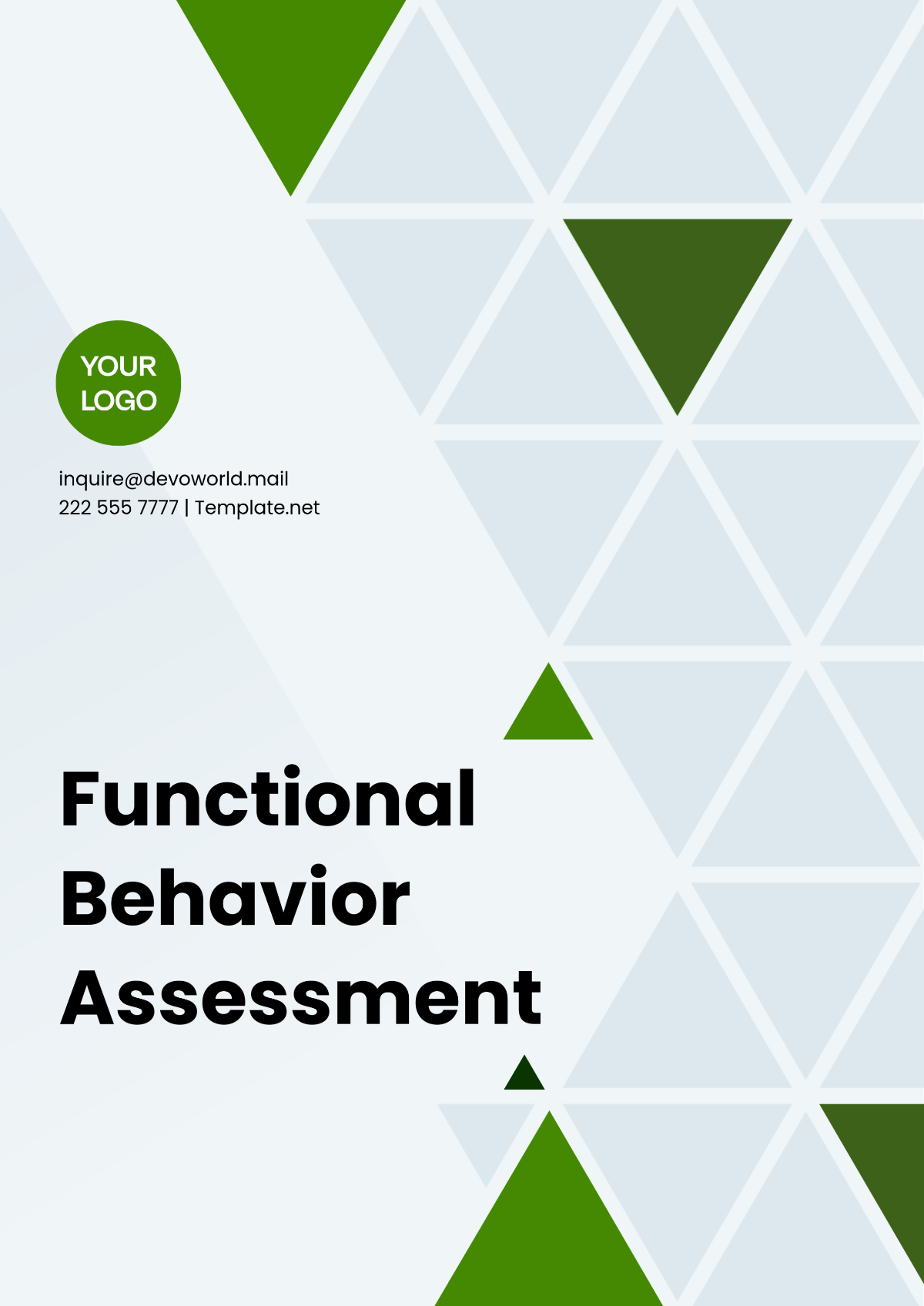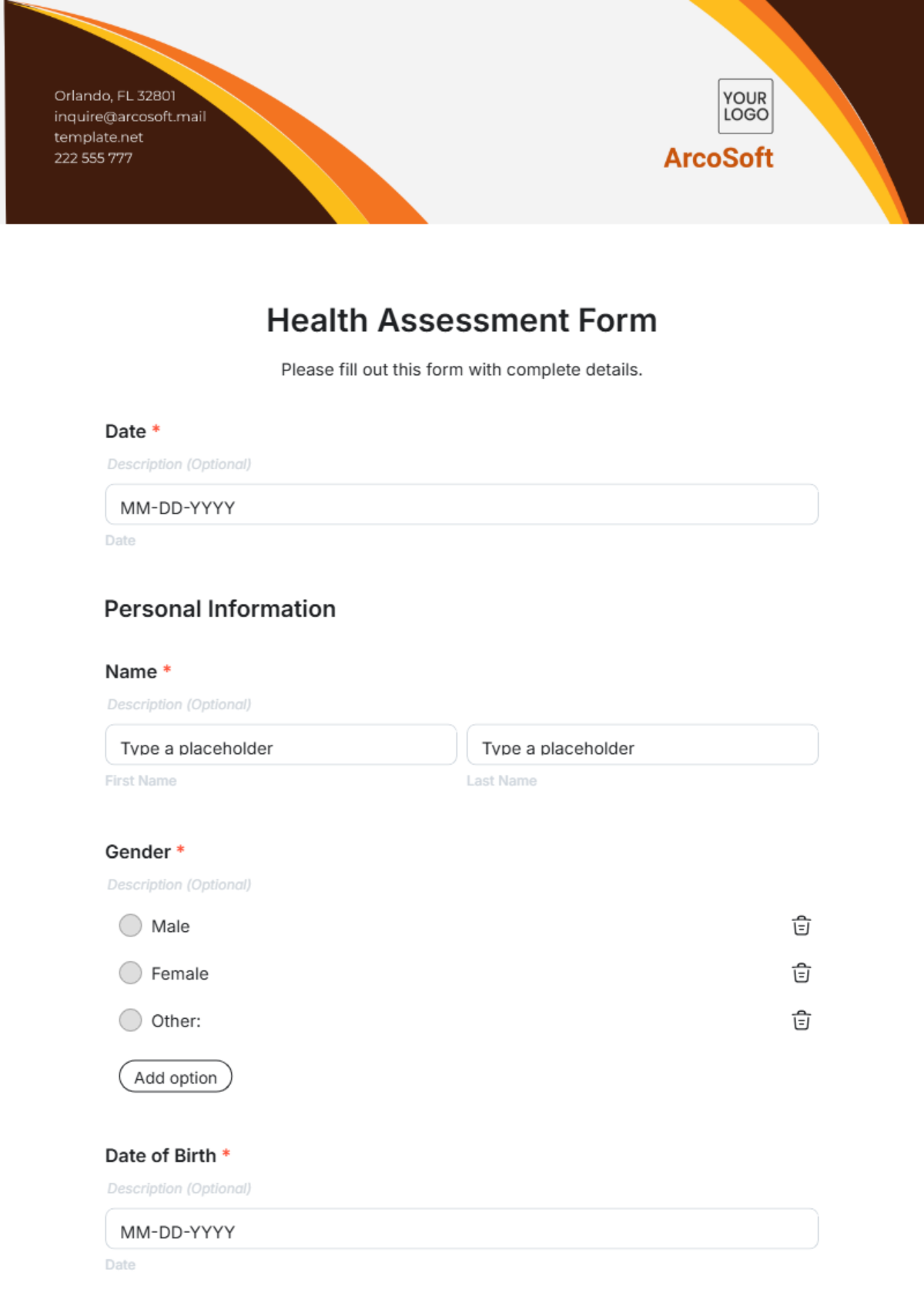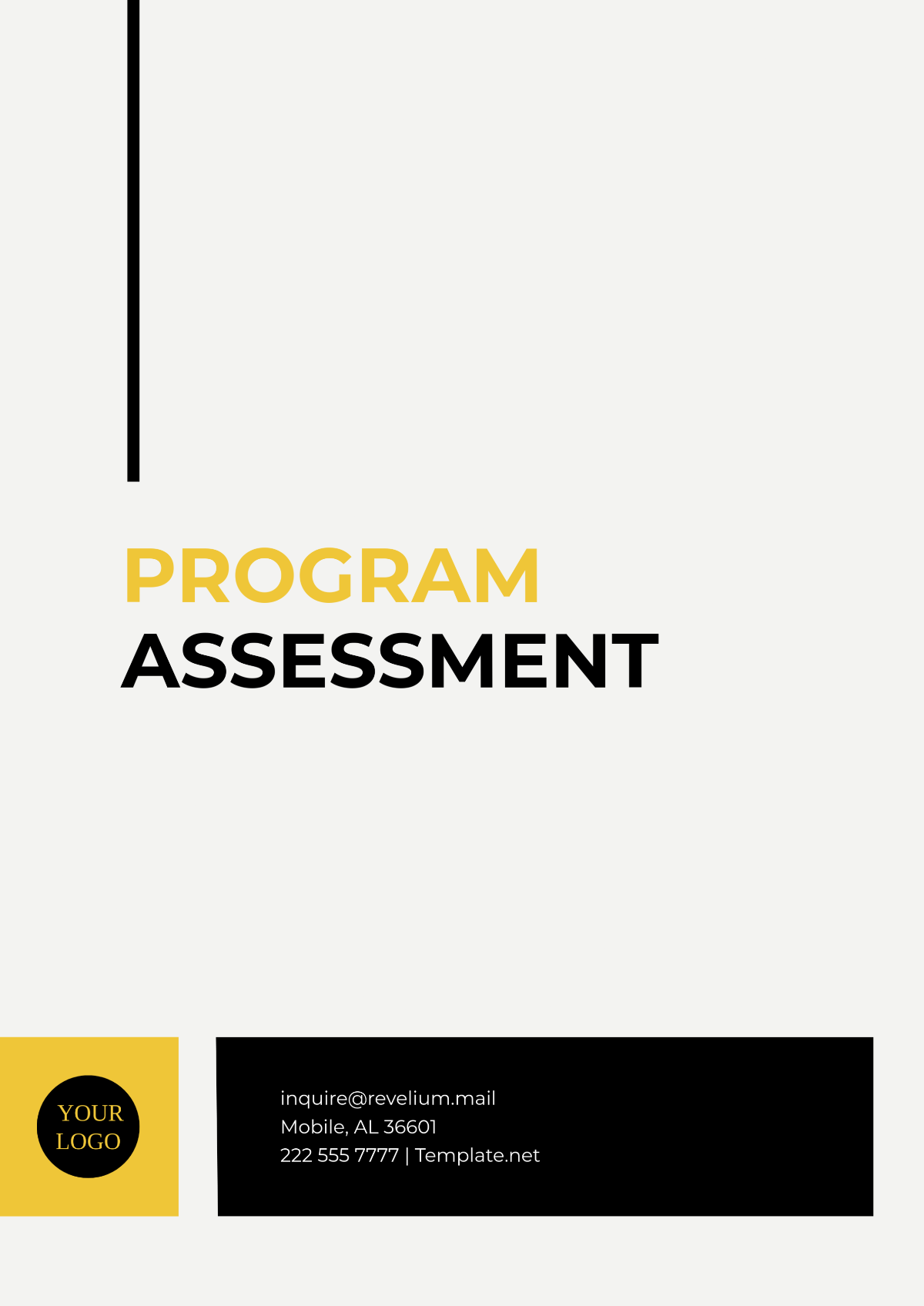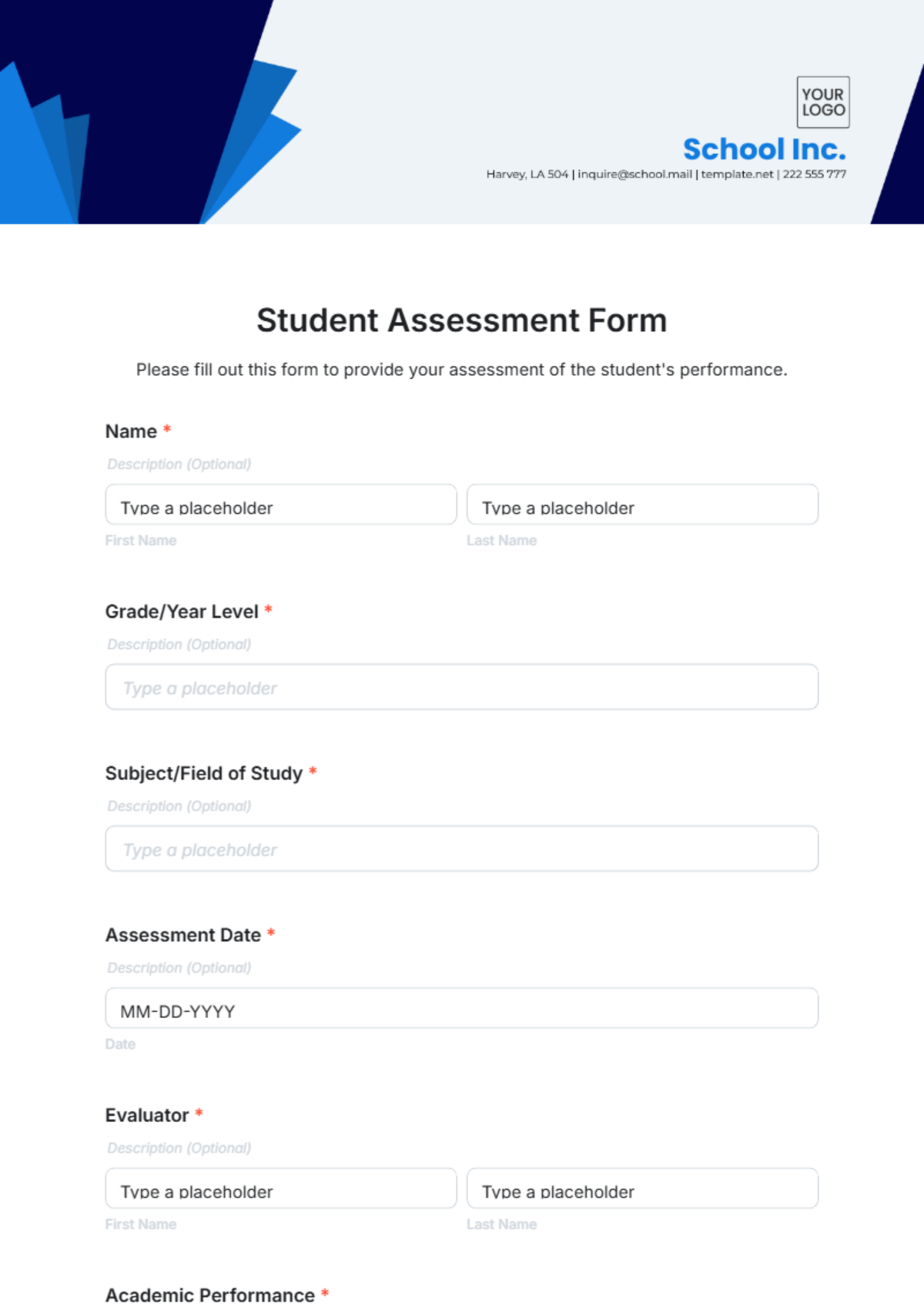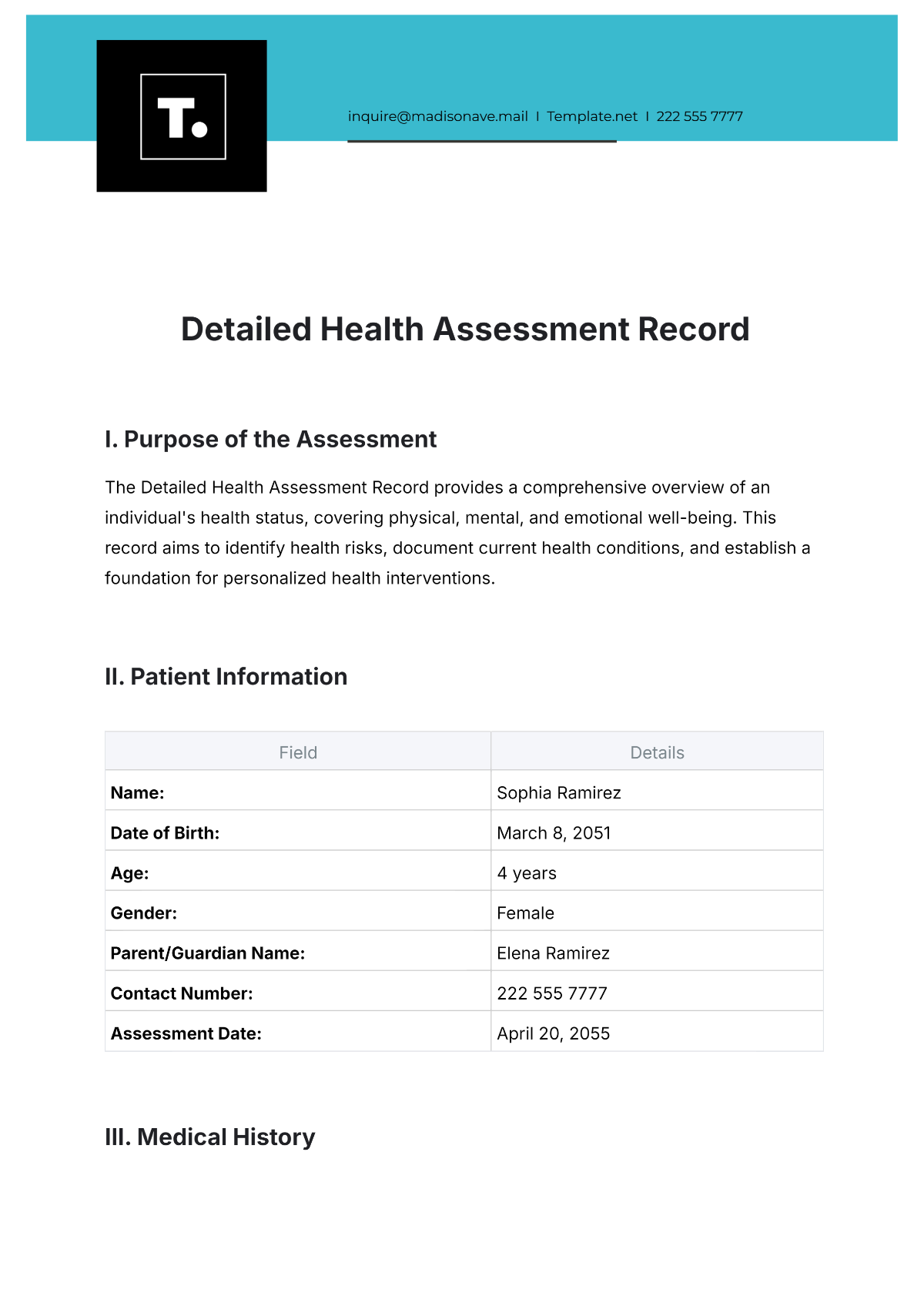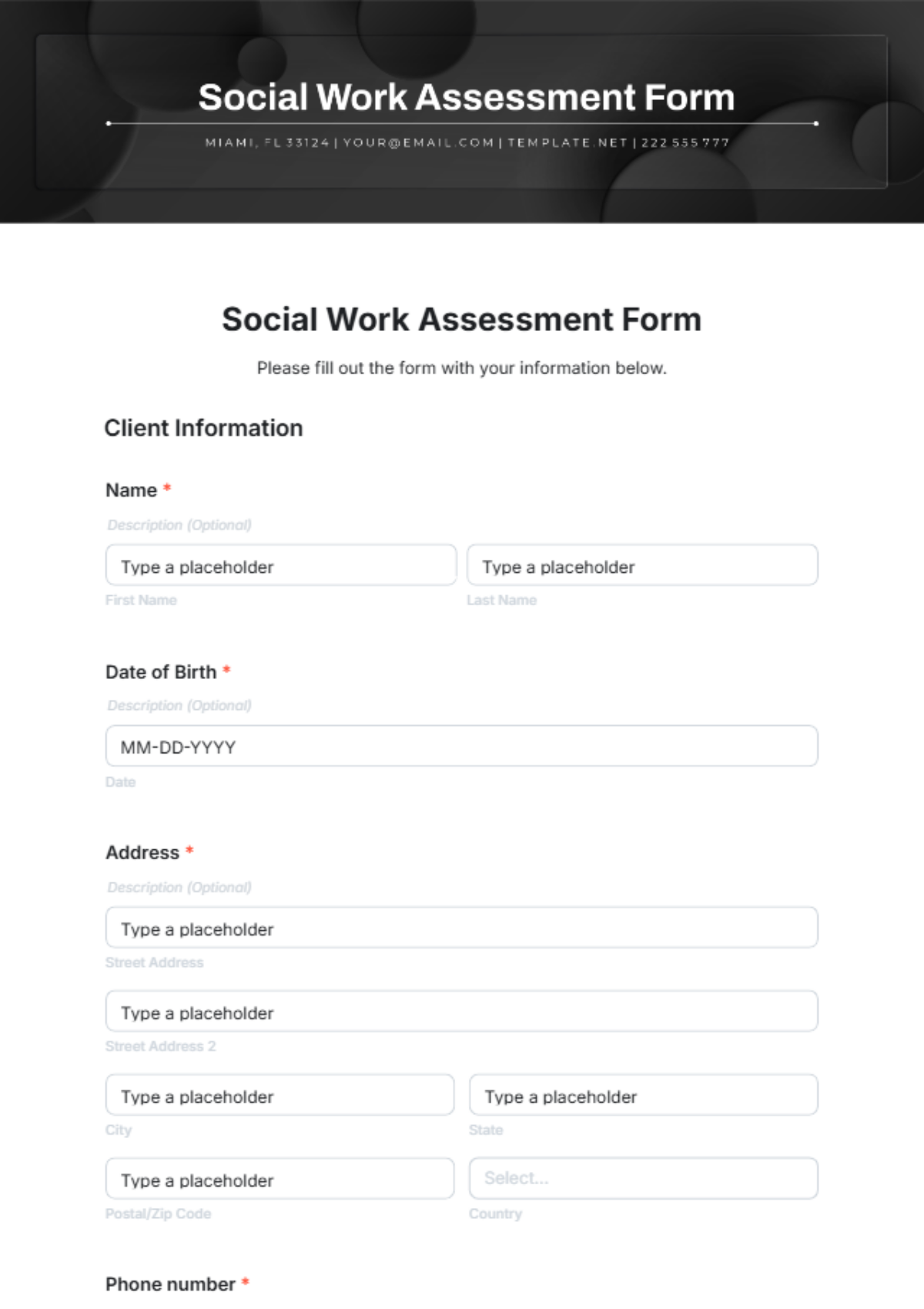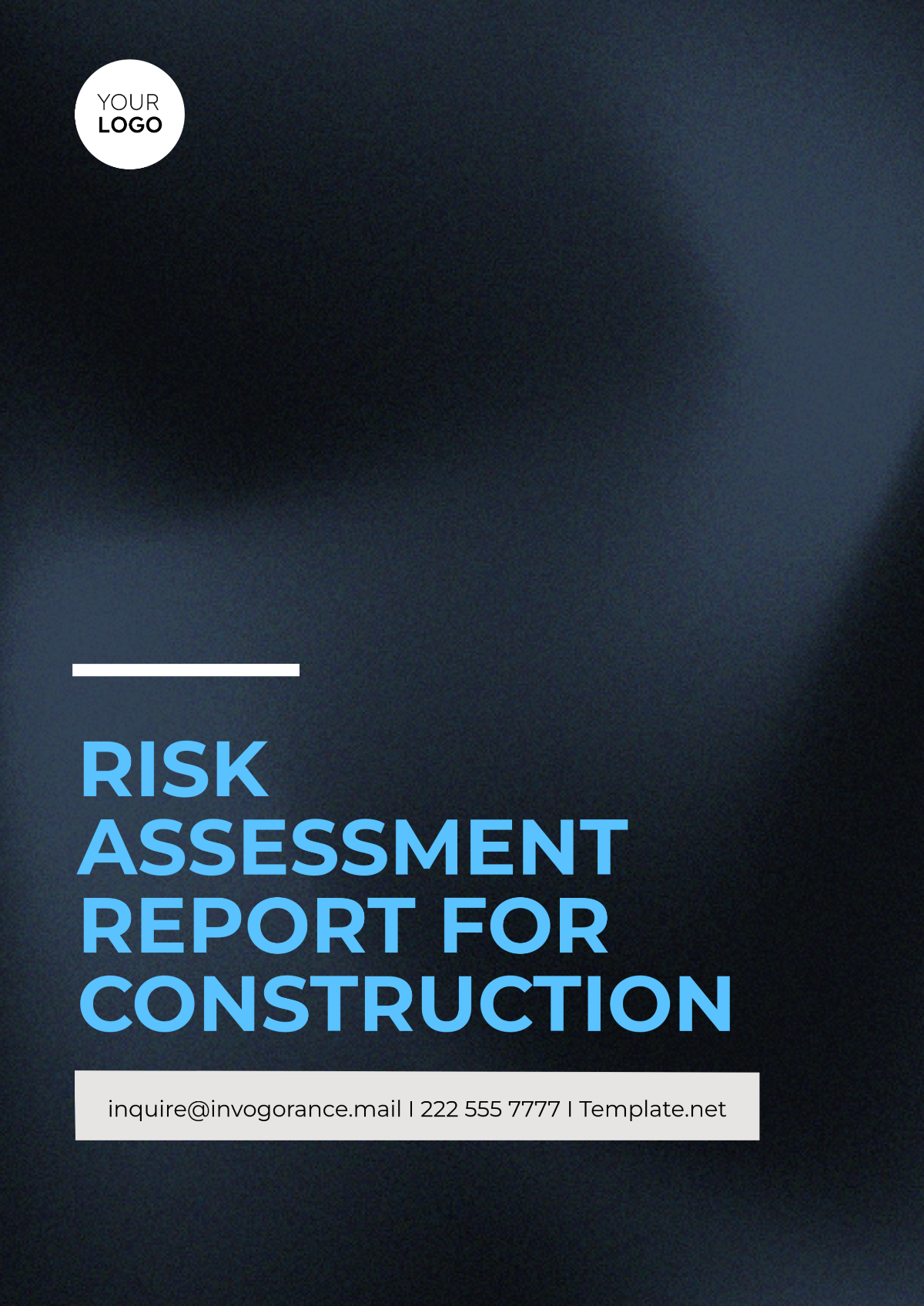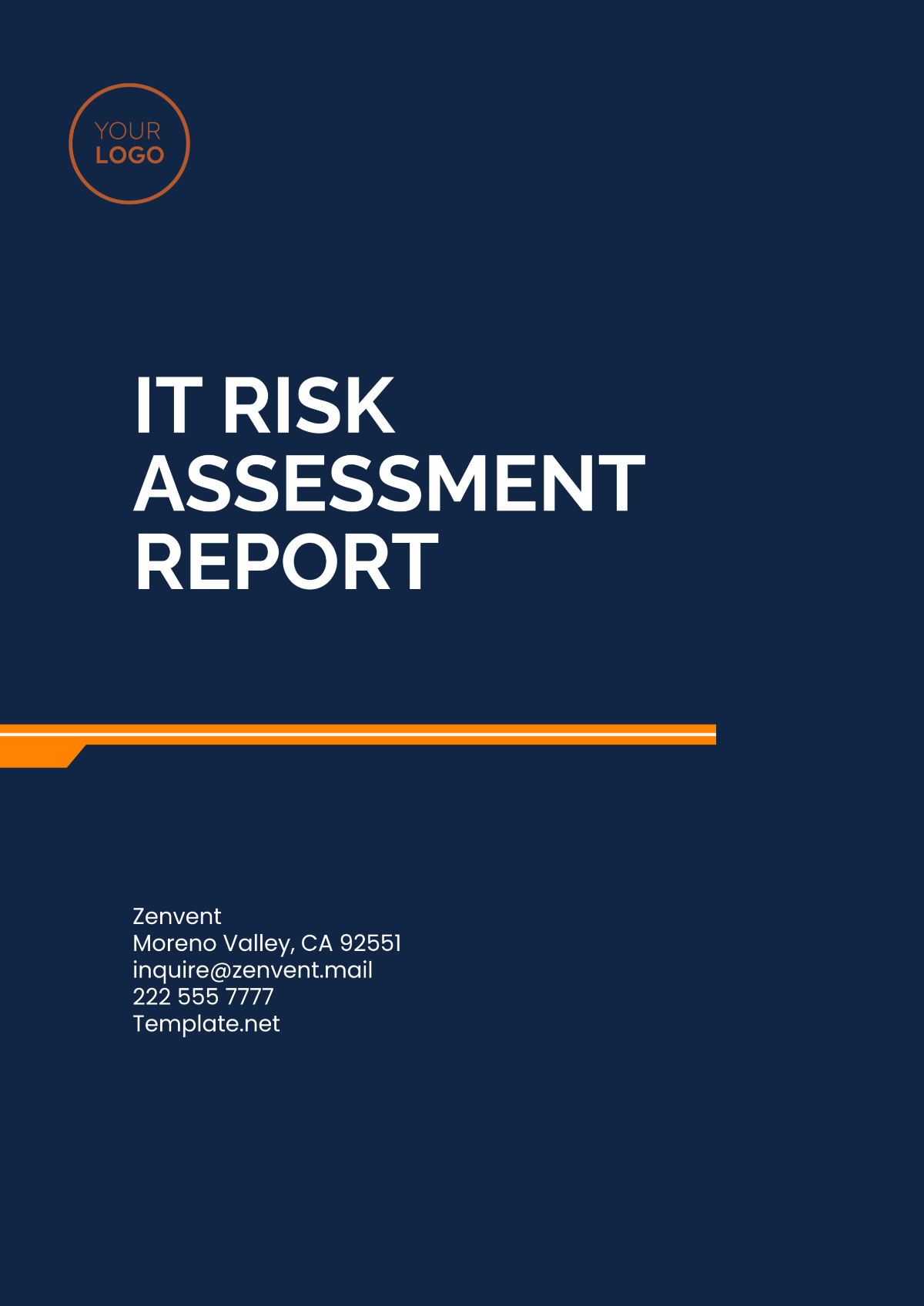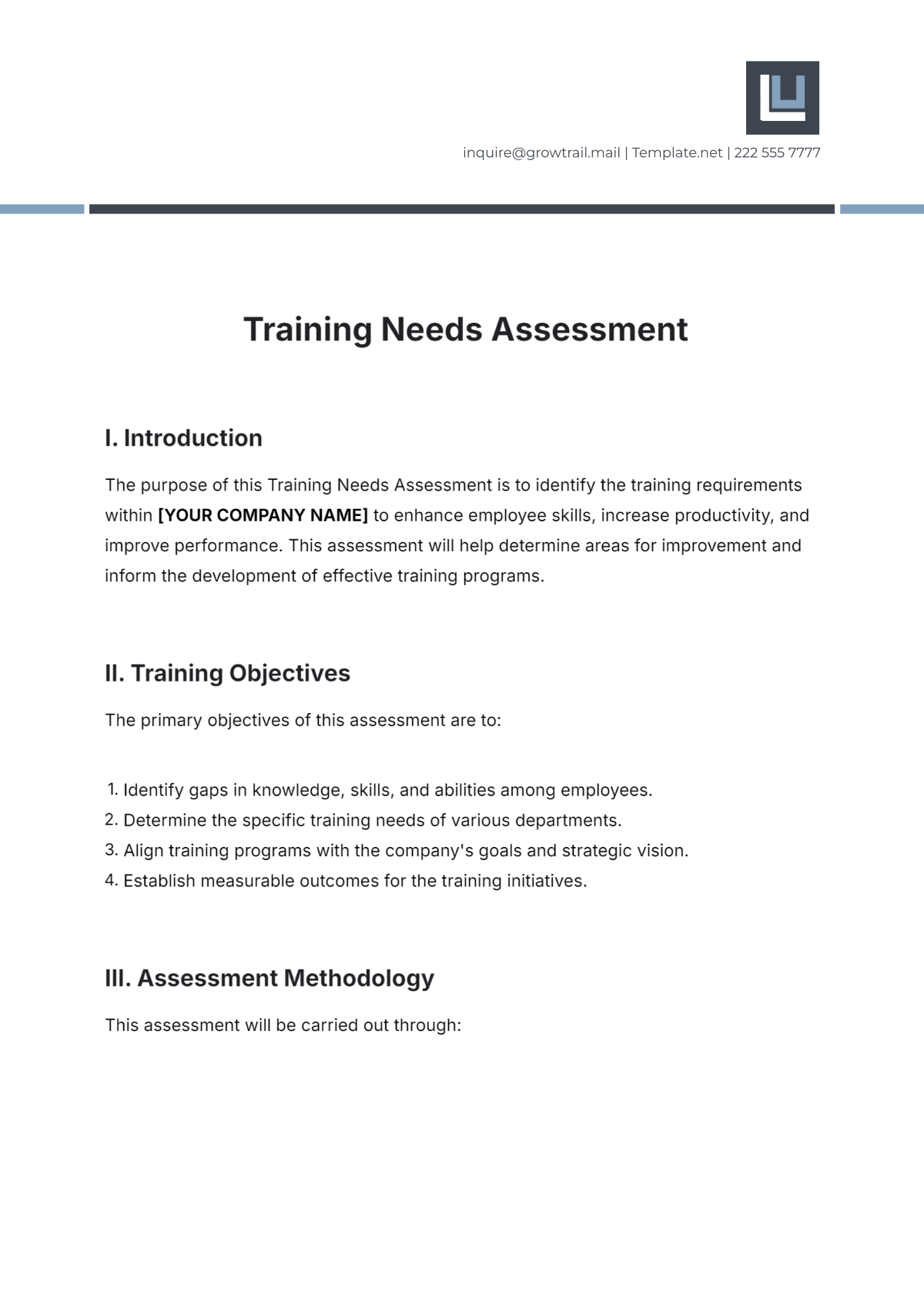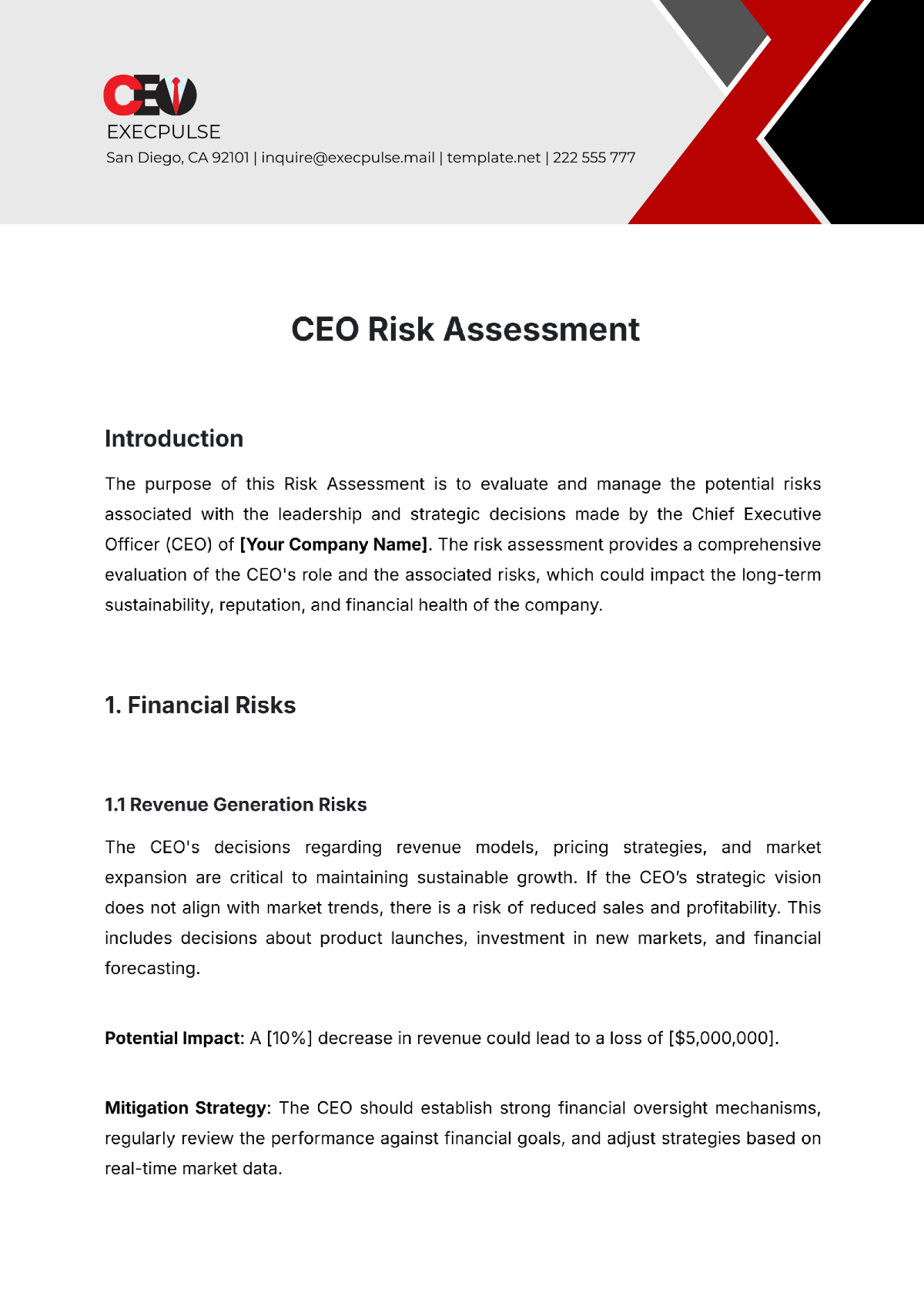Sample Study
Author: [YOUR NAME]
I. Introduction
With the permeation of digital technologies into society, businesses' brand promotion methods have seen a considerable shift. This shift has particularly emphasized exploiting social media platforms for marketing purposes. The current study aims to explore the relationship between active involvement on these social platforms and increased brand awareness. Over six months, the study observed a broad section of established and emerging businesses, compiling a comprehensive understanding of the role of social media marketing. The study's results have implications for marketing strategies and further highlight the digital era's evolving business environment.
II. Literature Review
Over the past decade, a number of scholars have looked into social media marketing's impact on brand awareness. For instance, Tafesse (2015) argues that through social media, marketers can foster relationships and interactions with customers contributing to improved brand visibility. Similarly, Ashley and Tuten (2015) state that creating engaging content on social media helps amplify brand recognition among consumers.
Conversely, some researchers argue for a more nuanced view. Kumar et al. (2016) point out that while social media can undoubtedly boost brand visibility, not all social media strategies are equally effective. In this respect, Hou et al. (2017) argue that social media marketing’s success largely depends on the nature of the industry and target demographic. Thus, the current study seeks to add nuance to these findings with a longitudinal and diversified business sample.
III. Methodology
Chosen a representative sample of 100 businesses across various industries.
Tracked these businesses’ social media activities and engagement over six months.
Assessed brand awareness using online polls and surveys.
Collected data regarding the frequency, type, and quality of social media posts, along with customer interactions.
Analyzed data using statistical techniques to determine the correlation between social media activities and brand awareness.
IV. Results
Analyses revealed a positive correlation between active social media usage and brand awareness. Businesses that posted frequently and interacted with their followers showed a marked increase in brand recognition, measured via online surveys. Furthermore, content quality played a significant role; businesses that used creative, interactive posts had greater engagement rates. These findings were consistent across industries, suggesting the universal relevance of social media marketing.
Businesses | Posting Frequency | Follower Growth | Brand Recognition Increase |
B2A | High | 20% | 25% |
B2B | Low | 5% | 7% |
B2C | High | 18% | 22% |
V. Discussion
The results affirm the hypothesis that social media marketing significantly influences brand awareness. This aligns with Tafesse (2015) and Ashley and Tuten’s (2015) findings on the relationship between social media marketing and brand visibility. However, the research also highlights the role of content quality, reinforcing Kumar et al.'s (2016) claim that not all social media strategies yield equal results.
The nuanced findings, particularly the varying impact on B2B and B2C industries, echo Hou et al.'s (2017) assertions. Although the study presents compelling evidence for social media marketing's role, it also underscores that businesses must customize their social media strategies based on industry-specific dynamics and audience preferences.
VI. Conclusion
The study synthesizes compelling evidence for the role of active social media presence in increasing brand recognition. Its results underscore the necessity for businesses, irrespective of industry type, to harness the potential of social media marketing for brand visibility. However, the study also emphasizes the need for carefully constructed, audience-oriented social media strategies. Given the dynamism of the digital marketplace, continuous experimentation and adaptation remain key for businesses. Future studies could explore industry-specific strategies and their efficiency in promoting brand recognition.
VII. References
Ashley, C., & Tuten, T. (2015). Creative Strategies in Social Media Marketing: An Exploratory Study of Branded Social Content and Consumer Engagement. Psychology & Marketing, 32(1), 15-27.
Hou, F., Guan, Z., Li, L., & Chau, P. Y. K. (2017). "Demystifying the impact of social media on customer behavior: A study on user-generated content and purchase intention in online marketplaces". The Journal of Strategic Information Systems, 26(4), 293-308.
Kumar, A., Bezawada, R., Rishika, R., Janakiraman, R., & Kannan, P. K. (2016). "From Social to Sale: The Effects of Firm-Generated Content in Social Media on Customer Behavior". Journal of Marketing, 80(1), 7-25.
Tafesse, W. (2015). Content strategies and audience response on Facebook brand pages. Marketing Intelligence & Planning, 33(6), 927-943.






